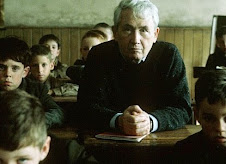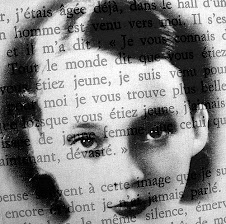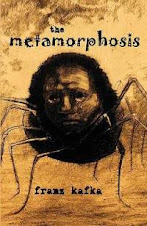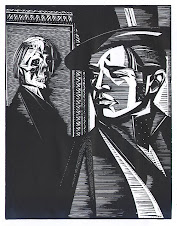Right from the get go Lord Henry identifies beauty as ending "where an intellectual expression begins". According to him, one cannot be both beautiful and intelligent. He goes on to say that "Intellect is in itself a mode of exaggeration, and it destroys the harmony of any face. The moment one sits down to think, one becomes all nose, or all forehead, or something horrid". Excluding, of course, the church (Although he then says that they don't think in the church..).
Lord Henry is a fascinating character in that he is absolutely all paradigms. He seems to appreciate beauty and respect and model intellect. He is also quite the opposite of his dear friend Basil. Basil is an artist, an intellectual but responds to Lord Henry with "It is better not to be different from one's fellows. The ugly and the stupid have the best of it in this world. They can sit at their ease and gape at the play. If they know nothing of victory, they are at least spared the knowledge of defeat. They live as we all should live, undisturbed, indifferent, and without disquiet. They neither bring ruin upon others, nor ever receive it from alien hands". He continues to say that we all suffer for what the gods have given us. Pretty much saying that we're all skrewed.
It also interests me that throughout the novel Basil exclaims that Lord Henry is a good man, never saying a moral thing and never doing a wrong thing. However, he is also afraid that Lord Henry will poison Dorian Gray. This inference is absolutely different from Lord Henry's representation of himself, although he comments in chapter one that when one mentions an idea, "the more insincere the man is, the more purely intellectual will the idea be, as in that case it will not be coloured by either his wants, his desires, or his prejudices".









No comments:
Post a Comment